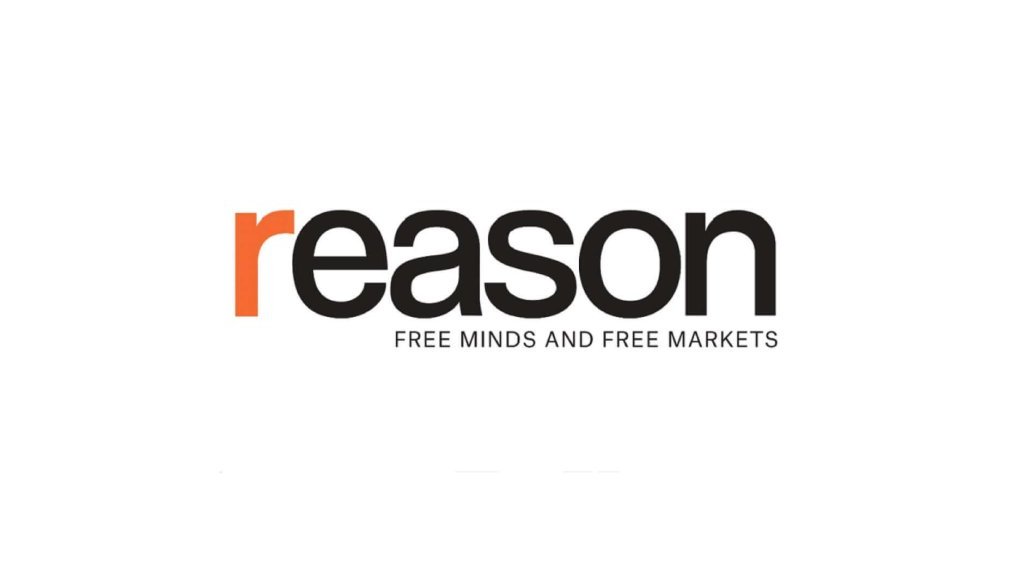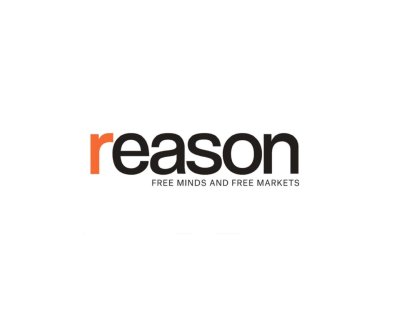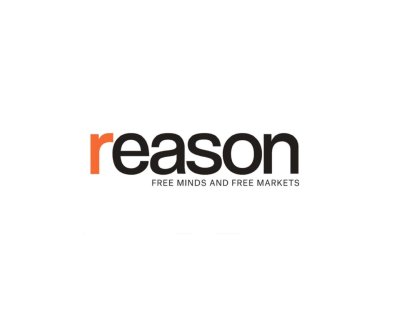Trump v. Selzer Likely Going Nowhere
Monday’s Complaint in this case essentially alleges that pollster Ann Selzer’s Nov. 2 poll for the Des Moines Register, which showed Harris ahead in Iowa by 3 points, was deceptive to consumers and thus violated Iowa consumer fraud law:
62. President Trump, together with all Iowa and American voters, is a “consumer” within the meaning of the statute.
63. Defendants furnished “merchandise” to consumers within the broad meaning of the statute since they provided a service: physical newspapers, online newspapers, and other content that contained the Harris Poll.
64. Defendants engaged in “deception” because the Harris Poll was “likely to mislead a substantial number of consumers as to a material fact or facts,” to wit: the actual position of the respective candidates in the Iowa Presidential race.
65. Defendants engaged in an “unfair act or practice” because the publication and release of the Harris Poll “cause[d] substantial, unavoidable injury to consumers that [was] not outweighed by any consumer or competitive benefits which the practice produced,” to wit: consumers, including Plaintiff, were badly deceived and misled as to the actual position of the respective candidates in the Iowa Presidential race. Moreover, President Trump, the Trump 2024 Campaign, and other Republicans were forced to divert enormous campaign and financial resources to Iowa based on the deceptive Harris Poll. Consumers within Iowa who paid for subscriptions to the Des Moines Register or who otherwise purchased the publication were also badly deceived. Additionally, Iowans who contributed to the Trump 2024 Campaign were similarly deceived.
66. The Harris Poll was deceptive and misleading, unfair, and the result of concealment, suppression, and omission of material facts about the true respective positions of President Trump and Harris in the Presidential race, all of which were known to Defendants and should have been disclosed to the public.
67. Moreover, as demonstrated by the leak of the Harris Poll before publication in the Register Article, Defendants created, published, and released the Harris Poll for the improper purpose of deceptively influencing the outcome of the 2024 Presidential Election….
I’m far from sure that, as a statutory matter, the Iowa consumer fraud law should be interpreted as applying to allegedly deceptive informational content of a newspaper, untethered to attempts to sell some other product. But in any event, the First Amendment generally bars states from imposing liability for misleading or even outright false political speech, including in commercially distributed newspapers—and especially for predictive and evaluative judgments of the sort inherent in estimating public sentiment about a candidate. To quote the Washington Court of Appeals in WASHLITE v. Fox News, where plaintiff unsuccessfully sued Fox for allegedly false statements about COVID,
[T]he Supreme Court in U.S. v. Alvarez (2012) disavowed the principle that false expressions in general receive a lesser degree of constitutional protec
Article from Reason.com

The Reason Magazine website is a go-to destination for libertarians seeking cogent analysis, investigative reporting, and thought-provoking commentary. Championing the principles of individual freedom, limited government, and free markets, the site offers a diverse range of articles, videos, and podcasts that challenge conventional wisdom and advocate for libertarian solutions. Whether you’re interested in politics, culture, or technology, Reason provides a unique lens that prioritizes liberty and rational discourse. It’s an essential resource for those who value critical thinking and nuanced debate in the pursuit of a freer society.




